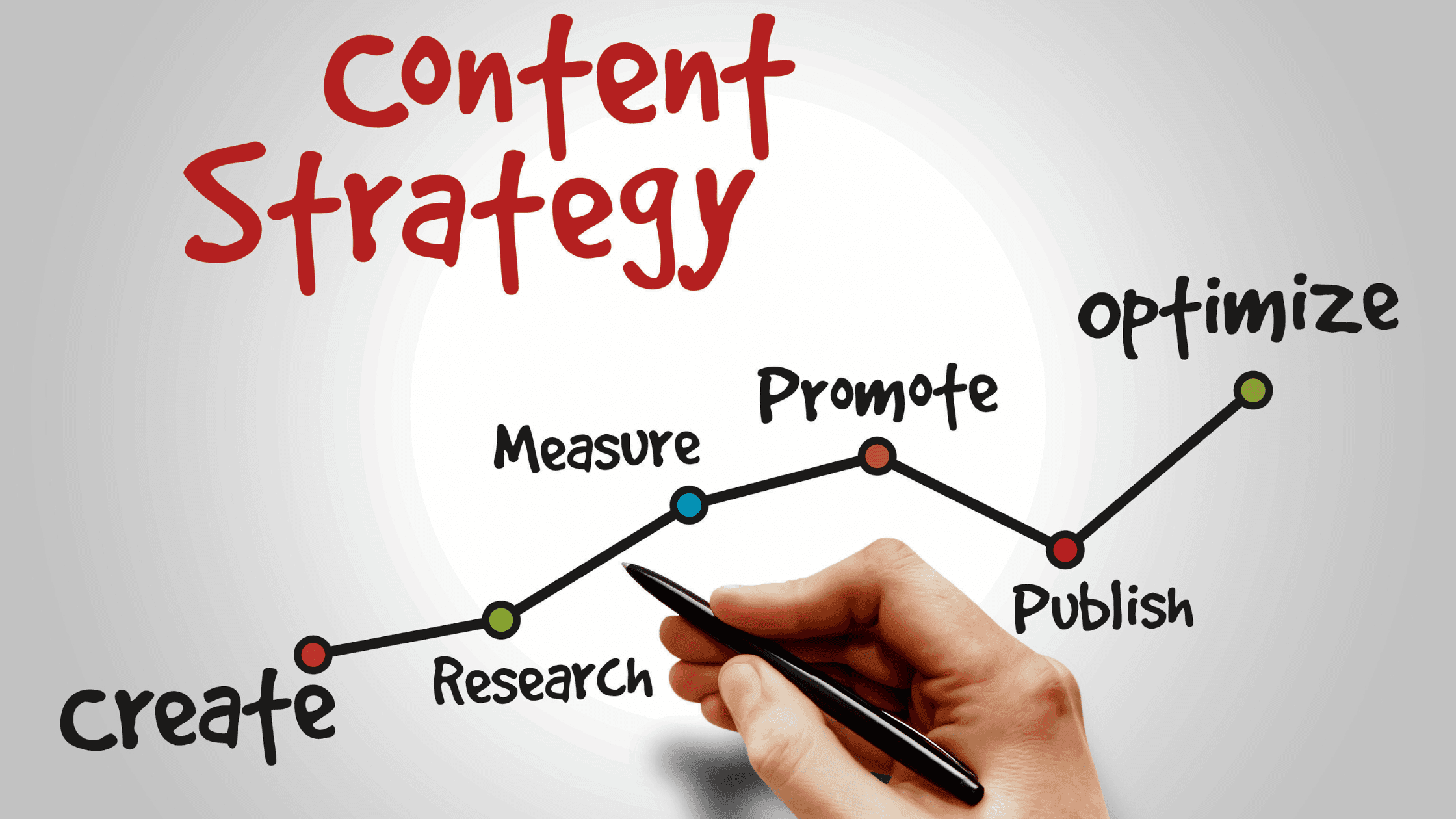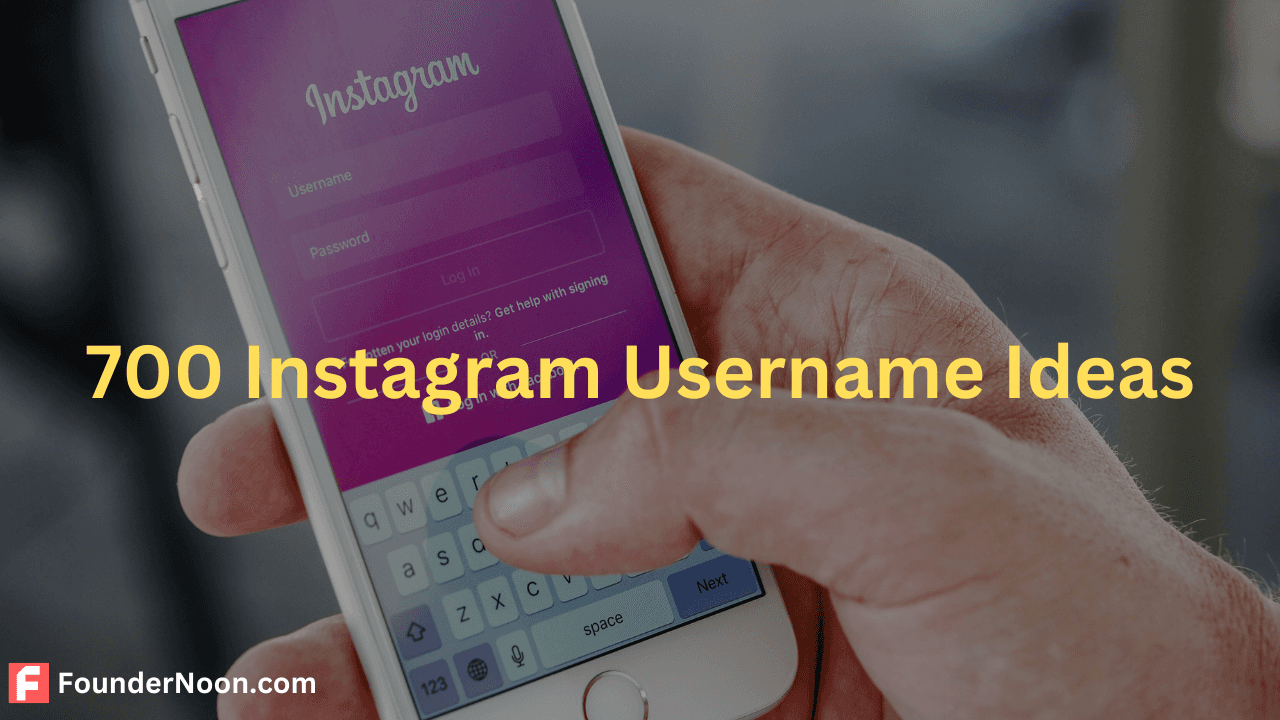The Importance of Content Creation for Small Business
The Importance of Content Creation for Small Business



Introduction
Introduction
Content creation. You’ve probably heard the buzz. But what is it, really? And why should small business owners like you care about it? Well, content creation is more than just writing a blog or posting on Instagram. It’s about building a connection with your customers, showcasing your expertise, and growing your business — all through valuable, engaging material.
Let’s dive into why content creation matters for your small business and how you can use it to your advantage, even if you’re starting from scratch.
Content creation. You’ve probably heard the buzz. But what is it, really? And why should small business owners like you care about it? Well, content creation is more than just writing a blog or posting on Instagram. It’s about building a connection with your customers, showcasing your expertise, and growing your business — all through valuable, engaging material.
Let’s dive into why content creation matters for your small business and how you can use it to your advantage, even if you’re starting from scratch.
Contents
Boost your business visibility to thousands of engaged readers!
Get Featured on 100+ pages across the FounderNoon website.
One month stretch ⇢ $100
Three-month stretch ⇢ $250
Boost your business visibility to thousands of engaged readers!
Get Featured on 100+ pages across the FounderNoon website.
One month stretch ⇢ $100
Three-month stretch ⇢ $250
Contents
What is Content Creation for Small Business?
What is Content Creation for Small Business?
So, what exactly is “content creation” when it comes to your small business? It’s simply the process of producing material that informs, entertains, or educates your audience. This could be anything from blog posts, social media updates, and videos to podcasts, infographics, or newsletters.
You’re probably already consuming content every day (you’re reading this article, after all). The goal is to become a creator of content, not just a consumer. That way, you can pull in your target audience, show them the value you offer, and build lasting relationships.
So, what exactly is “content creation” when it comes to your small business? It’s simply the process of producing material that informs, entertains, or educates your audience. This could be anything from blog posts, social media updates, and videos to podcasts, infographics, or newsletters.
You’re probably already consuming content every day (you’re reading this article, after all). The goal is to become a creator of content, not just a consumer. That way, you can pull in your target audience, show them the value you offer, and build lasting relationships.
Why Content Creation is Crucial for Small Business Growth
Why Content Creation is Crucial for Small Business Growth
1. Building Brand Awareness
Content is the best way to get your small business on people’s radar. Think about it — how often do you Google something and land on a blog or video? That’s the power of content.
When you consistently create valuable content, people begin to associate your business with the solution they’re looking for. Whether you’re selling handmade candles or offering marketing services, your content is the bridge that brings new customers to your door.
2. Educating Your Audience
Ever been unsure about a product and decided not to buy it? People need to be convinced that what you’re offering is worth it. Content educates your audience about your business, your product, and how it solves their problems.
If you're running a skincare brand, a blog post titled "The Best Skincare Routine for Oily Skin" can help potential customers understand how your products fit into their lives. The more helpful your content, the more likely they are to trust your brand.
3. Boosting SEO
When people search for terms like "small business content creation" or "content creation for small business," Google will show them the most relevant and valuable content. The more useful content you create, the higher your chances of showing up in search results.
Great content doesn’t just build trust with your audience, it helps you rank higher on Google. So, when someone searches “how to start a bakery,” your content about running a successful bakery might just pop up!
1. Building Brand Awareness
Content is the best way to get your small business on people’s radar. Think about it — how often do you Google something and land on a blog or video? That’s the power of content.
When you consistently create valuable content, people begin to associate your business with the solution they’re looking for. Whether you’re selling handmade candles or offering marketing services, your content is the bridge that brings new customers to your door.
2. Educating Your Audience
Ever been unsure about a product and decided not to buy it? People need to be convinced that what you’re offering is worth it. Content educates your audience about your business, your product, and how it solves their problems.
If you're running a skincare brand, a blog post titled "The Best Skincare Routine for Oily Skin" can help potential customers understand how your products fit into their lives. The more helpful your content, the more likely they are to trust your brand.
3. Boosting SEO
When people search for terms like "small business content creation" or "content creation for small business," Google will show them the most relevant and valuable content. The more useful content you create, the higher your chances of showing up in search results.
Great content doesn’t just build trust with your audience, it helps you rank higher on Google. So, when someone searches “how to start a bakery,” your content about running a successful bakery might just pop up!
Building Credibility and Trust
Building Credibility and Trust
Content isn't just about selling — it’s about building relationships. People buy from businesses they trust, and content is your ticket to earning that trust.
1. Showing Expertise
When you regularly create content that speaks to your audience’s problems, they start seeing you as an expert. If you’re a local accountant, a blog titled “Tax-Saving Tips for Small Businesses” tells people that you know what you’re talking about. Suddenly, you’re not just another accountant — you’re the accountant they want to hire.
2. Building Relationships
Content also opens up the conversation. Whether through blog comments, social media interactions, or email newsletters, you can engage directly with your audience. The more they interact with your content, the closer they feel to your brand. This turns casual visitors into loyal customers over time.
Content isn't just about selling — it’s about building relationships. People buy from businesses they trust, and content is your ticket to earning that trust.
1. Showing Expertise
When you regularly create content that speaks to your audience’s problems, they start seeing you as an expert. If you’re a local accountant, a blog titled “Tax-Saving Tips for Small Businesses” tells people that you know what you’re talking about. Suddenly, you’re not just another accountant — you’re the accountant they want to hire.
2. Building Relationships
Content also opens up the conversation. Whether through blog comments, social media interactions, or email newsletters, you can engage directly with your audience. The more they interact with your content, the closer they feel to your brand. This turns casual visitors into loyal customers over time.
Types of Content You Should Focus On
Types of Content You Should Focus On
You might be thinking, “I’m busy running my business! How am I supposed to create content too?” Start simple. You don’t need to be everywhere at once. Here’s what works well for small businesses:
1. Blog Posts
Blogging is a solid starting point. Not only does it help with SEO (hello, Google rankings!), but it also gives your audience valuable insights. A bakery, for example, could write blog posts about easy dessert recipes or how to store baked goods properly.
2. Social Media Content
Platforms like Instagram, Facebook, and LinkedIn are perfect for reaching your audience. Share behind-the-scenes looks, product demos, or customer testimonials. It’s a quick, easy way to stay top of mind and keep your audience engaged.
3. Video Content
Videos are a powerful tool. Whether it’s a how-to guide, product demonstration, or a quick introduction to your business, people love watching videos. Start small — you can even film a 30-second clip on your phone.
4. User-Generated Content
Encourage your customers to create content for you! This could be reviews, testimonials, or photos of them using your product. User-generated content not only adds credibility but also gets your audience involved in spreading the word.
You might be thinking, “I’m busy running my business! How am I supposed to create content too?” Start simple. You don’t need to be everywhere at once. Here’s what works well for small businesses:
1. Blog Posts
Blogging is a solid starting point. Not only does it help with SEO (hello, Google rankings!), but it also gives your audience valuable insights. A bakery, for example, could write blog posts about easy dessert recipes or how to store baked goods properly.
2. Social Media Content
Platforms like Instagram, Facebook, and LinkedIn are perfect for reaching your audience. Share behind-the-scenes looks, product demos, or customer testimonials. It’s a quick, easy way to stay top of mind and keep your audience engaged.
3. Video Content
Videos are a powerful tool. Whether it’s a how-to guide, product demonstration, or a quick introduction to your business, people love watching videos. Start small — you can even film a 30-second clip on your phone.
4. User-Generated Content
Encourage your customers to create content for you! This could be reviews, testimonials, or photos of them using your product. User-generated content not only adds credibility but also gets your audience involved in spreading the word.

















2,678+ people enjoy it
➤ Every week, we dig up stories of how regular people started and grew their businesses—
➤ Plus the marketing hacks that won them customers.
➤ Then, we share those insights with you.
➤ Every week, we dig up stories of how regular people started and grew their businesses—
➤ Plus the marketing hacks that won them customers.
➤ Then, we share those insights with you.
Content Creation on a Budget
Content Creation on a Budget
Worried about content creation breaking the bank? Don’t be. You don’t need a huge budget to get started.
1. Repurpose What You Already Have
Got a blog post that did really well? Turn it into a social media post, a video, or an email newsletter. One piece of content can be stretched into multiple formats.
2. Use Free or Affordable Tools
There are tons of free tools that make content creation easy. Canva is great for creating social media graphics, and free stock photo websites can add a professional touch to your blog posts. Google Docs is perfect for writing and organizing your content ideas.
3. Outsource if Needed
If you’re too busy, consider outsourcing some content creation. Freelancers or agencies can help with blog writing, social media management, or video editing. Websites like Upwork or Fiverr are full of talented people who can get the job done without breaking the bank.
Worried about content creation breaking the bank? Don’t be. You don’t need a huge budget to get started.
1. Repurpose What You Already Have
Got a blog post that did really well? Turn it into a social media post, a video, or an email newsletter. One piece of content can be stretched into multiple formats.
2. Use Free or Affordable Tools
There are tons of free tools that make content creation easy. Canva is great for creating social media graphics, and free stock photo websites can add a professional touch to your blog posts. Google Docs is perfect for writing and organizing your content ideas.
3. Outsource if Needed
If you’re too busy, consider outsourcing some content creation. Freelancers or agencies can help with blog writing, social media management, or video editing. Websites like Upwork or Fiverr are full of talented people who can get the job done without breaking the bank.
Measuring the Success of Your Content
Measuring the Success of Your Content
You’ve started creating content — awesome! Now, how do you know if it’s working?
1. Track Key Metrics
Look at your website traffic, social media engagement, and email open rates. These metrics can tell you which pieces of content resonate most with your audience.
2. Adjust Your Strategy
If certain content performs well, do more of it! If something isn’t getting the results you expected, don’t be afraid to switch things up. Content is all about testing, learning, and improving.
You’ve started creating content — awesome! Now, how do you know if it’s working?
1. Track Key Metrics
Look at your website traffic, social media engagement, and email open rates. These metrics can tell you which pieces of content resonate most with your audience.
2. Adjust Your Strategy
If certain content performs well, do more of it! If something isn’t getting the results you expected, don’t be afraid to switch things up. Content is all about testing, learning, and improving.
Need help getting started?
Need help getting started?
Feeling overwhelmed? Don’t worry, you’re not alone! At FounderNoon, we’ve got your back. Whether you need business ideas, and strategies, or just want to learn how to grow your business from scratch, we’ve got tons of free resources to help you.
From step-by-step guides to real-life case studies of successful entrepreneurs, FounderNoon gives you the inspiration and insights you need to make your business thrive.
Feeling overwhelmed? Don’t worry, you’re not alone! At FounderNoon, we’ve got your back. Whether you need business ideas, and strategies, or just want to learn how to grow your business from scratch, we’ve got tons of free resources to help you.
From step-by-step guides to real-life case studies of successful entrepreneurs, FounderNoon gives you the inspiration and insights you need to make your business thrive.
Conclusion
Conclusion
Content creation might sound daunting, but it’s one of the most powerful tools you have to grow your small business. By educating your audience, building trust, and getting your brand out there, you’re setting yourself up for long-term success. So, start small, experiment, and don’t be afraid to learn as you go. And hey, if you need help or want to discover new business ideas, head over to foundernoon.com. Go create!
Content creation might sound daunting, but it’s one of the most powerful tools you have to grow your small business. By educating your audience, building trust, and getting your brand out there, you’re setting yourself up for long-term success. So, start small, experiment, and don’t be afraid to learn as you go. And hey, if you need help or want to discover new business ideas, head over to foundernoon.com. Go create!
Like this?
Like this?
Do me a favor and pass this on to a friend or share on X/reddit? It'll take just 20 seconds—this one took me about 4 hours to write 🫠
P.S. I’ve got a weekly newsletter where I share stories about founders who have started successful online businesses, growth strategies, and tips to start/grow your own business. I would love for you to join here
Do me a favor and pass this on to a friend or share on X/reddit? It'll take just 20 seconds—this one took me about 4 hours to write 🫠
P.S. I’ve got a weekly newsletter where I share stories about founders who have started successful online businesses, growth strategies, and tips to start/grow your own business. I would love for you to join here






